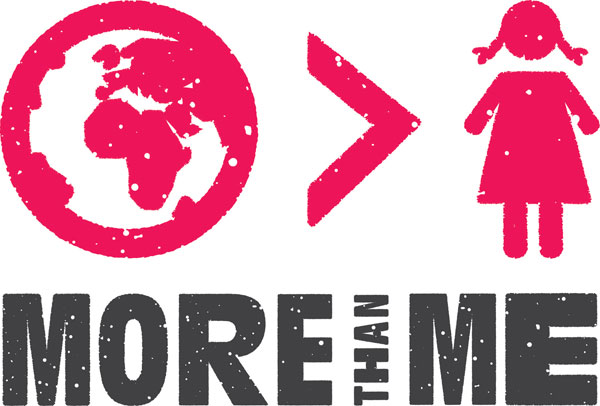
April 22, 2019; Front Page Africa and the Guardian
Front Page Africa is reporting that an independent investigation into the More than Me (MTM) school in Monrovia, Liberia has been completed by Councillor Negbalee Warner and provided to the Liberian Board Advisory of MTM. This news comes only a few days after Katie Meyler, the school’s white American founder, declared she would resign.
Meyler has been on extended leave following last year’s devastating exposé of the operation by ProPublica and Time Magazine. The in-depth investigation profiled an organization where girls as young as 10 were being raped by MacIntosh Johnson, a staff member with whom the founder had also had an intimate relationship. Meyler has admitted that a quarter of the school’s population could have been victimized.
Still, she rejects the idea that she should have had affirmative protections in place or known what was happening under her watch, admitting upon her resignation only to having become a “distraction from the critical mission and incredible and proven work of our team.”
This “distraction” line appears to be the new get-out-of-jail-free card for those unwilling to own the consequences of action or inaction. The girls, of course, will have to live with those.
Sign up for our free newsletters
Subscribe to NPQ's newsletters to have our top stories delivered directly to your inbox.
By signing up, you agree to our privacy policy and terms of use, and to receive messages from NPQ and our partners.
As a reminder, NPQ published a critical look at the situation last year, “Narcissism, Poverty Porn, and Donor Backing,” by Titilope Ajayi:
It is beyond words that defenseless children in an already vulnerable situation were essentially set up to be violated not only by their abuser, but also by a school and society that failed repeatedly in their duties to protect them. But in this case, they were also set up by a well-backed, American-based, “humanitarian” effort led by an apparently charismatic, young, white woman with no experience in education and a penchant for grandstanding.
Given the timing of the resignation, we suspect that Meyler may be found at fault for far more than being distracting, but to focus just on her culpability would be wrong. Writes Ajayi:
As discussions deepen and the world considers how to prevent such a travesty from reoccurring, it is important to keep in sight the cultural tropes and workings of humanitarianism that made this possible in the first place. This is especially crucial because the sad ugly truth is that this situation is only too common in countries recovering from violent conflict that have become host to massive influxes of humanitarian aid.
Robtel Neajai Pailey astutely writes that this sordid saga is a “quintessential story of humanitarianism gone wrong,” of how the “white savior complex can spin outrageously out of control.” She very rightly diagnoses “our warped tendencies to glorify foreigners for swooping into poor countries under the guise of doing good” and “pathologies of constantly looking outside of ourselves for solutions and pandering to clueless foreigners.”
And with that, we direct readers to the Tiny Spark podcast posted just today on the real story behind yet another warped humanitarian model: voluntourism at orphanages.—Ruth McCambridge













